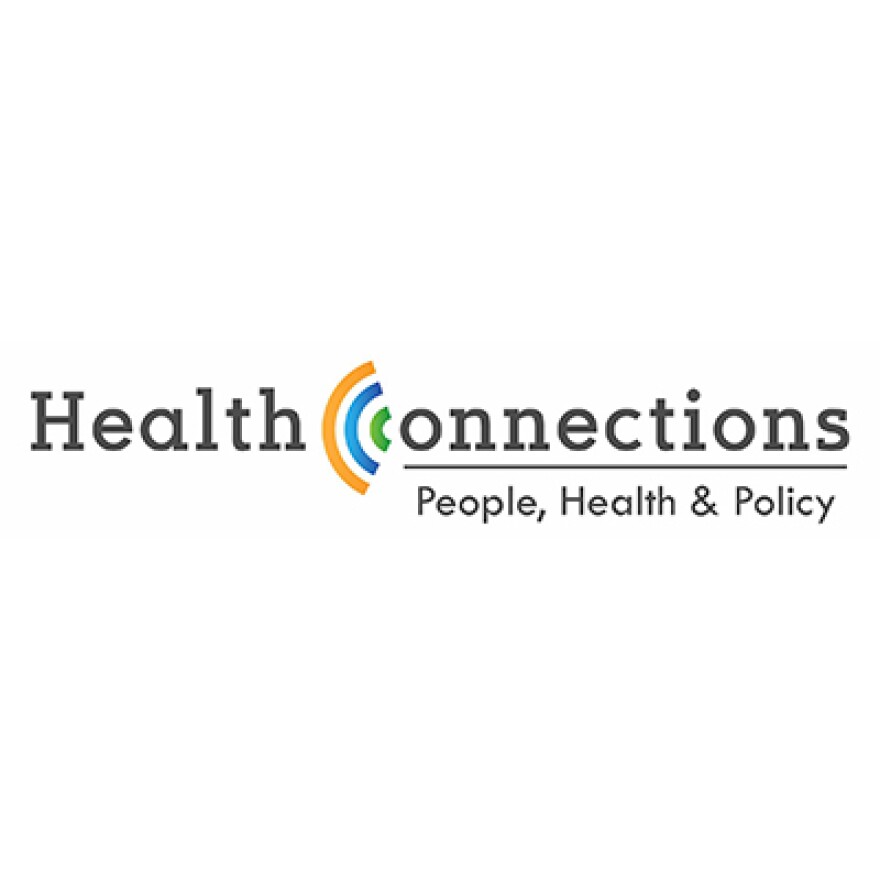WUOT’s Carole Myers: Welcome to Health Connections. The show about people, health and policy. I'm Dr Carole Myers. Alarms have been raised about proposed cuts to the Supplemental Nutrition Assistance Program, also known as SNAP, previously food stamps. SNAP is a food safety net for vulnerable U.S. residents and families, and a key economic driver for communities across the country. Legislation to cut SNAP and Medicaid is on the fast track in the house, and from there it will move to the Senate. Today, I'm joined by Signe Anderson, the senior director of nutrition advocacy with the Tennessee Justice Center. Welcome.
Signe Anderson: Thank you for having me.
Please help us understand the implications of the SNAP benefit cuts, first to Tennesseans and then Tennessee communities.
These SNAP cuts will be an enormous loss for Tennessee, for individuals across the state, from every corner, rural, urban, from Memphis to Johnson City, families will feel the impact, either in reduced benefits or losing benefits completely. And it won't just have an impact on individual families, which is a huge impact for families to feel the impact of food insecurity and hunger, but it will also impact businesses, farmers, local grocers, even some of our Tennessee universities who've been a part of the SNAP Ed program, which is now proposed to go away under these cuts.
So let's segue now to talking to what it means to the state, particularly the state's budget.
It will have an enormous impact on the state budget. In the past, the state doesn't pay for the individual dollars that come through the SNAP EBT card, that comes from the federal budget, and Congress is proposing for that to change so Tennessee would be responsible for a portion of that, up to 25% which could mean up to 300 million, possibly more. They're also proposing to increase the administrative price for Tennessee. Right now, Tennessee pays 50% of the cost just to administer and and do the program, and they're proposing to increase that up to 75% which would be an additional almost 400 million to the state of Tennessee. So we're talking an incredible increase in funding that the state has to find to help make sure that families have money to pay for food.
We're in a fluid situation with the proposed cuts. Generally, what can we expect in the coming days and weeks?
The proposed budget is with the house. The house plans to pass that through by Memorial Day, but that could shift. If they pass it by Memorial Day, then it'll be in the Senate court, so to speak and up for them to vote on. So, the best thing for folks to do now is to contact their congress people and let them know that you oppose the cuts. If you have experience yourself participating in the SNAP program, you should definitely reach out and share your story. If you work with individuals who are low income and participate in SNAP it's important to let people know. Let Congress know. Let decision makers know how important SNAP is, and that there should be no cuts to the SNAP program.
This transcript has been lightly edited for content.




